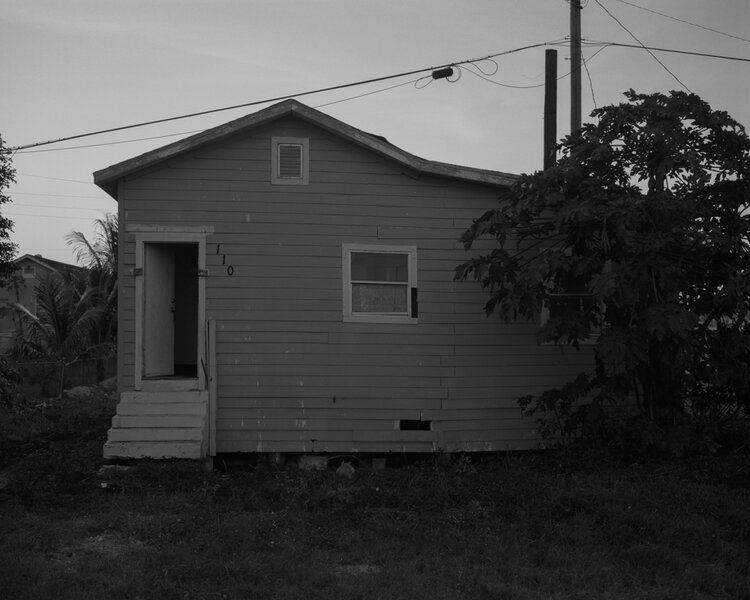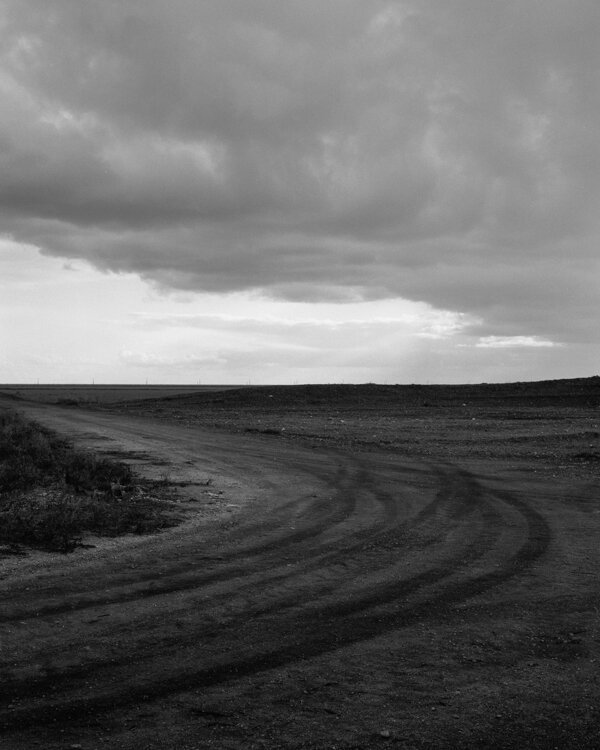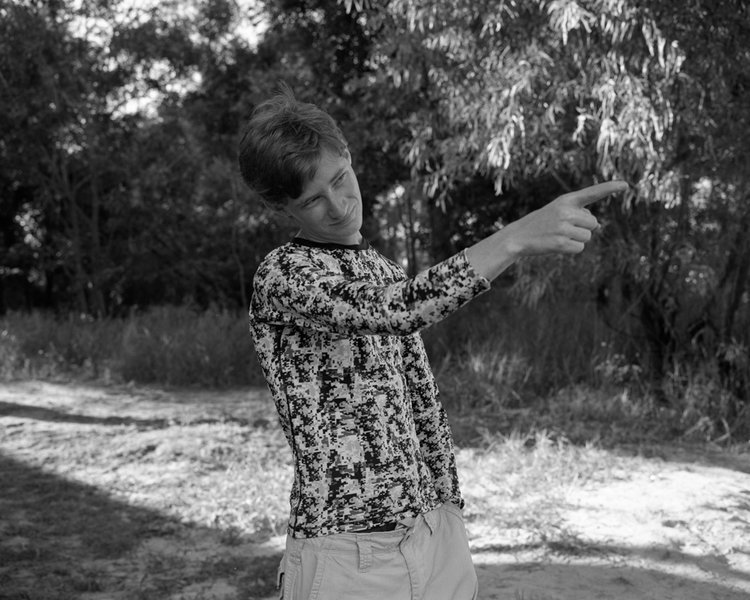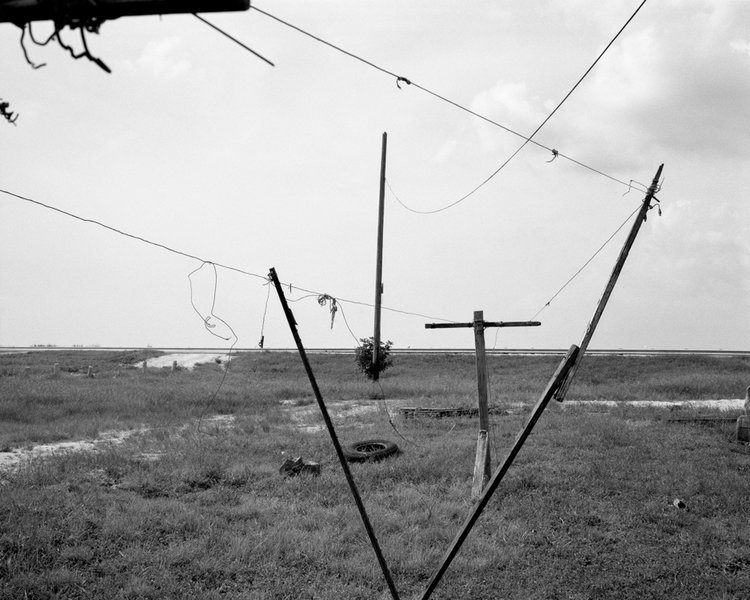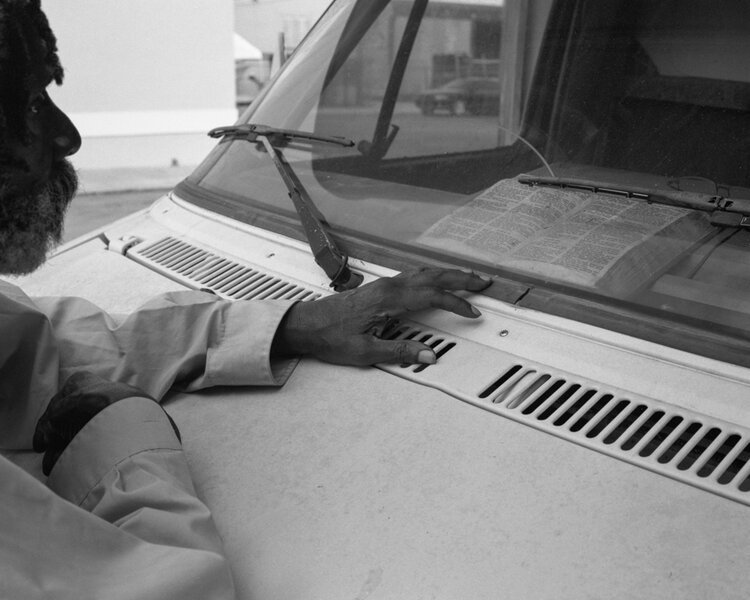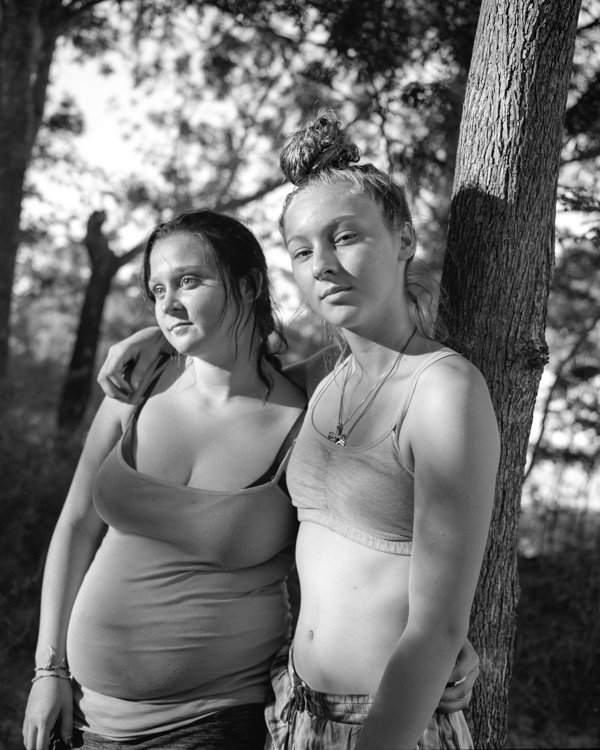Born in New Orleans and now living and working in South Florida, Brian McSwain’s work is a documentation of his movements around the area he lives. His photographs hold a stillness that is inspired by what he witnesses around him.
What was it about the south that specifically interested you in photographing it?
The South is home and it’s important to me to make photographs in a familiar place. The landscapes and climate remind me of my childhood and the people are generally friendly. I also favour working in close proximity to home because it enables the impulse of wanting to make pictures.
I read in another interview that you described photographs as a means to connection and products of grace. Could you expand on that?
I believe Robert Adams said something to the effect that “all projects start with a gift” and that’s certainly been my experience. I couldn’t even begin to tell you how I’ve made some of the pictures that have stuck around from the beginnings of new projects other than I made myself ready by going out into the world. As far as connection, maybe this can be explained by recounting some experiences from a summer day making pictures in Florida: I can remember the discarded sugarcane shoots in puddles left by the rainy season. I came across swarms of dragonflies so thick you could see them from 30 yards away. I can recall the subtle rain clouds forming within the blanket of grey skies. I met a man, Emilio, and he asked me to throw shot gun shells up in the air so he could shoot them out the sky and asked me to guess how many miles he had put on his Jeep Cherokee. He was proud that he put 230,000 miles on his Jeep.
For me there’s a real stillness to your images. Do you feel this reflects the South from your personal experience?
It can be so hot and humid down here you’re forced to take it slow. It seems like every summer day the cicadas whistle, the wind stops and the air grows thick waiting for the skies to burst with rain. I also think the body of water you live by informs the pace of life to some degree and I find myself photographing near swamps and bayous.
Do you ever intend to add a working title to this series?
Well, all the photos here are from “The Florida Heartland” and there is another body of work that doesn’t have a title. Those pictures are being made in Miami and the working title of that work was “Magic City”, but I recently scrapped that because, in part, I’m contemplating merging the two bodies of work.
Who are the people in your photographs?
All of these people that I’ve been photographing are strangers, people whom I’ve met along the way. The encounters are usually brief, but sometimes I spend a little bit more time with the people whom I meet.
Would you say there’s a narrative to your images and if so, could you explain it?
There is a loose narrative to the photographs. I’m not purposefully trying to tell a specific story, but I’d like to think the photographs leave enough ambiguity for the viewer to imagine their own narrative. I look at the pictures as vignettes of feelings and hopefully in their best moments they can evoke memories and feelings for the viewers. I’d like to think my pictures are more like a Burial EP than a Bob Dylan record.
